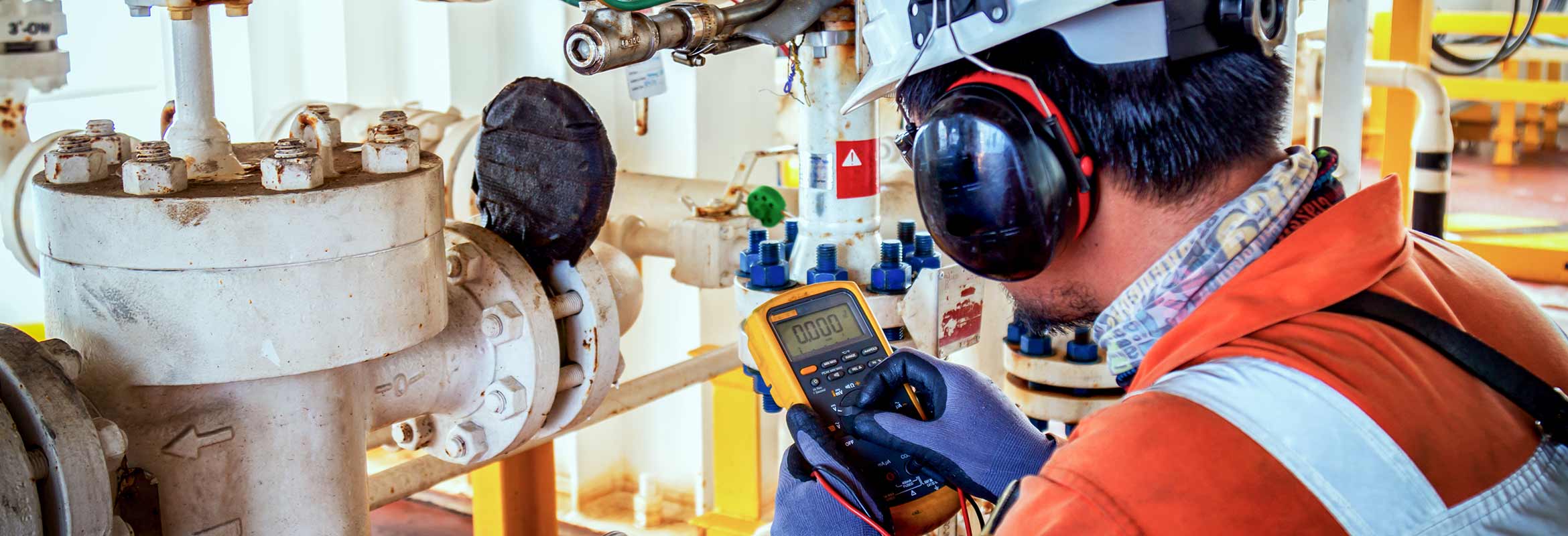The instrumented system comprises three functional elements; the measurement device, the controller and the final control element; with the specification, operation and maintenance of each, dependent upon a diverse range of criteria from process, chemistry and metallurgy through to criticality and response times.
With advances in technology, the traditional areas of Flow, Level, Pressure and Temperature have been expanded to include complex on line analysis and an array of safety systems such as fire and gas detection.

